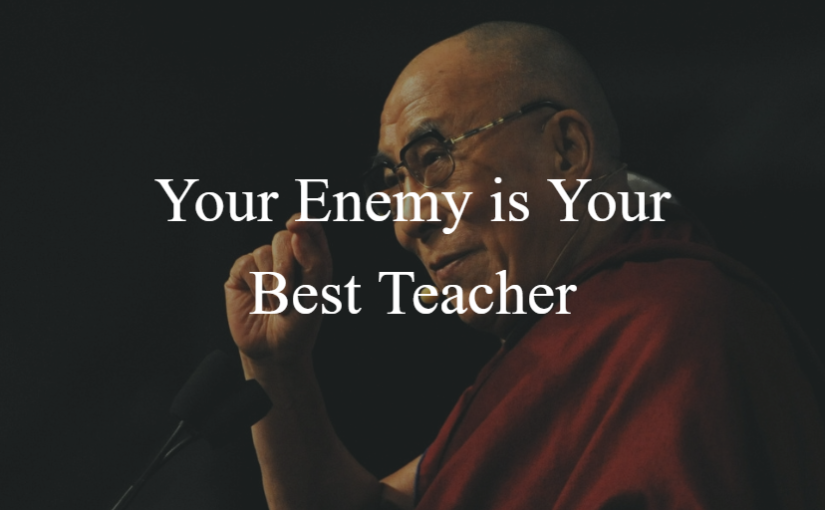My good friend Sarah Shugars is subtweeting me:
Resistance is a way of life, it’s a form a citizenship. It’s a commitment to speaking out and, importantly, creating space for others to speak out. It’s a bold declaration that all people are created equal and its an unequivocal call that we will not, cannot, rest until that equality is manifest is our society. Resistance comes in every word you say, every action you take.
I find this approach to civic life unhelpful, just as Shugars intended (her subtitle: “an unhelpful guide.”) I think we–we scholars who tackle the civic arena–ought to be able to give advice, and not simply advocate a life of unspecified restless action. Too often we study the politics of governments but we need to practice a different politics: of relationships and of institutions. But I don’t yet know what advice to give. I am still a little bit heeding the instructions: don’t just do something, sit there.
The activists have only changed the world. The point is to understand it.
The Dalai Lama has said that “in the practice of tolerance, your enemy is your best teacher.” I suspect he meant something about love and difficulty, about how we must learn to tolerate those we truly disagree with and not those to whom we have grown accustomed. But here’s what I want to know: why can’t we actually learn from our opponents?
Republicans responded to the elections of both President Clinton and President Obama with radically obstructionist tactics. Remember? Special prosecutors, filibusters, impeachments, Benghazi, endless attempts to repeal the Affordable Care Act, budget showdowns, government shutdowns, fiscal cliffs, refusing to hold hearings or approve nominees at every level.
They played constitutional hardball, and won.
I imagine someone will say that it works better for the party that claims to oppose government than the party that supports it. But i
There is, unfortunately, an objection I can imagine someone could raise: the problem with chicken is that someone has to be willing to swerve. If both sides play constitutional hardball then we will fall into Juan Linz’s nightmare of constitutional crisis. The likely result of conflicts between a popular president and an unpopular congress will be a weaker legislature and a stronger executive branch. So there is something to lose, and that is the lesson: winning policy victories does not tame the prince, when the prince has a clear mandate from the people. Knowing that this is a possible fate makes thinking through such scenarios important, and it makes informed guides to strategy and action valuable as well.
So as I said on November 9th, it is a good time to ask me to make future commitments of help and support. Tell me what you plan and what you need and how I can help.

Second Opinions